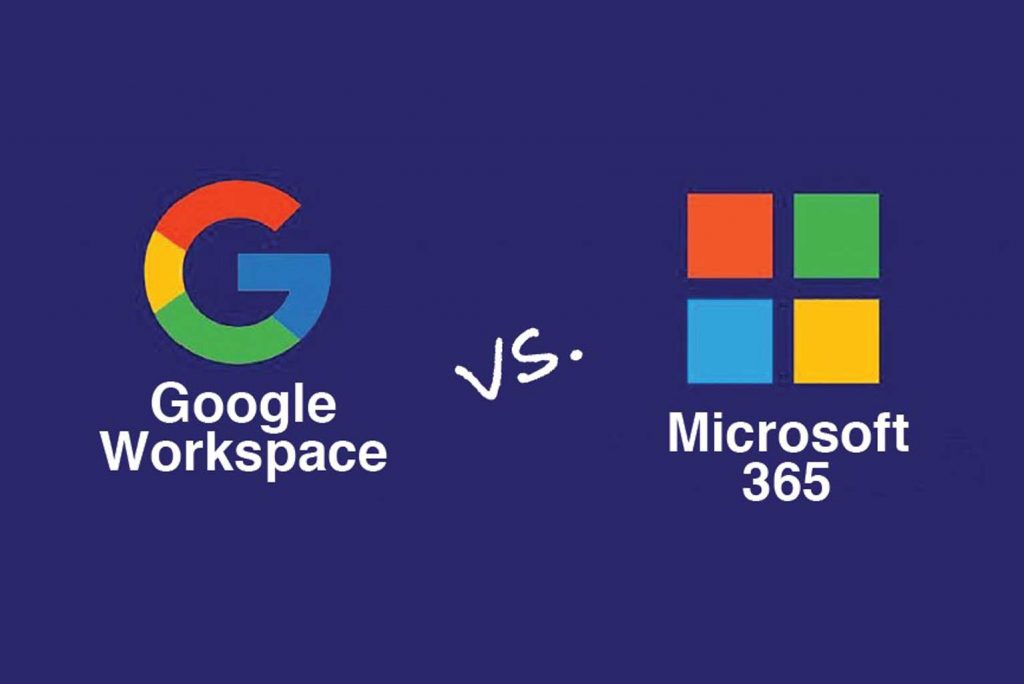Social media has become an integral part of our daily lives, influencing how we communicate, consume information, and interact with brands. In the realm of web development, social media plays a significant role in shaping trends, driving traffic, and enhancing user engagement. In this article, we will explore the various ways in which social media impacts web development.
Driving Traffic to Websites: Social media platforms serve as powerful channels for driving traffic to websites. By sharing engaging content, businesses can attract users to their websites, increasing visibility and potentially leading to conversions. Web developers play a crucial role in optimizing websites for social sharing, ensuring that content appears attractive and clickable when shared on platforms like Facebook, Twitter, and Instagram.
Enhancing User Engagement: Social media integration can enhance user engagement on websites. Features such as social login, which allows users to log in using their social media accounts, can streamline the user experience and encourage participation. Additionally, embedding social media feeds on websites can increase dwell time and encourage users to explore more content.
Facilitating Content Sharing: Social media platforms make it easy for users to share content with their networks, amplifying the reach of websites. Web developers can leverage social sharing plugins and widgets to encourage users to share content, increasing the likelihood of virality and driving traffic back to the website.
Influencing Design Trends: Social media platforms often set design trends that web developers incorporate into their work. For example, the rise of mobile-first design can be attributed in part to the increasing use of social media on mobile devices. Web developers must stay informed about current design trends on social media to create websites that resonate with users.
Providing Social Proof: Social media can serve as a source of social proof for websites. Positive reviews, testimonials, and social media mentions can build trust with users and influence their purchasing decisions. Web developers can integrate social proof elements into websites to establish credibility and encourage conversions.
Supporting Customer Service: Social media platforms are commonly used for customer service interactions. Web developers can integrate chatbots and messaging features into websites to provide seamless customer support across social media and websites, enhancing the overall user experience.
Informing Marketing Strategies: Social media data can provide valuable insights that inform web development and marketing strategies. Analyzing social media metrics such as engagement, reach, and demographics can help web developers tailor content and design to better resonate with their target audience.
Social media plays a multifaceted role in web development, influencing design trends, driving traffic, enhancing user engagement, and providing valuable insights for marketing strategies. By leveraging social media effectively, web developers can create websites that are not only visually appealing but also optimized for engagement and conversions in the digital age.





